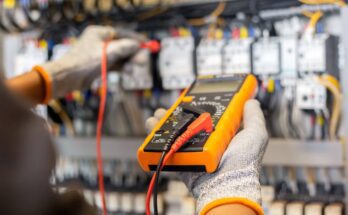Experts are debating the pros and cons of covid-19 vaccine passports or other types of certification as they attempt to begin reopening public spaces. The idea seems simple on its face: those who can prove they’ve been vaccinated for covid-19 would be able to go places and do things that unvaccinated people would not.
There’s early evidence that the vaccines authorized by the Food and Drug Administration for emergency use are “highly effective.” Tech and health companies are unveiling proposals that use vaccination as a prerequisite to participating in various public activities, but the concept raises a host of questions around community health, equity, and how much we really know about covid-19 immunity.
Nita Farahany is a leading expert on how technology and bioscience affects society. She is a professor of law and philosophy at Duke University, where she is also the director of the Initiative for Science & Society. From 2010 to 2017, she was on a presidential committee on bioethics.
This interview has been condensed and edited for clarity.
Q: Do we know enough about the science of covid-19 to use a vaccine pass system with confidence that it will prevent transmission?
A: We have really early limited data from the Oxford-AstraZeneca and Moderna studies that suggest potentially a reduction in transmission but not an elimination in transmission. A person can be vaccinated and not suffer severe disease burden if they become ill–in fact, they might be completely asymptomatic–but they may still spread the virus to other people.
Q: We know the basics of how vaccines are starting to be distributed. How might a vaccine pass create inequity?
A: Basing reentry into society on just when you get the vaccine could just further entrench inequalities that have arisen. Trust by minority populations in healthcare and health institutions is very low right now. Conditioning their reengagement into society based on whether or not they take a vaccine when they already have such high levels of public distrust is deeply problematic. I think it further erodes trust. It could set back vaccine policy, healthcare, and trust in health and science even more than it already has.
The people who are willing to take the vaccine and who have higher levels of trust or who had earlier access because of wealth, or networks, are the ones who would have first crack at jobs as businesses reopen. They would get first crack at schools and slots in each of these different activities, tickets to events. You end up with a much longer-term impact of entrenchment of these inequalities that have arisen as part of the pandemic.


